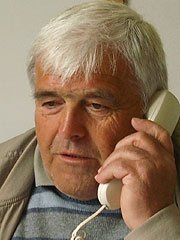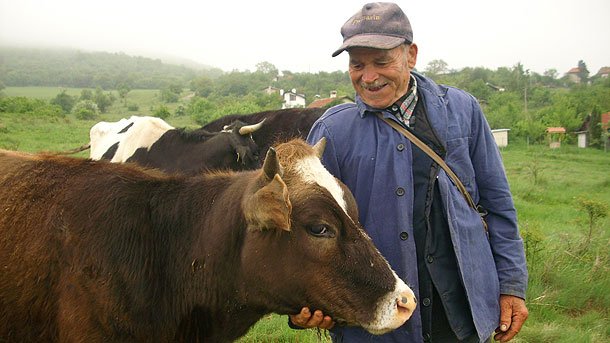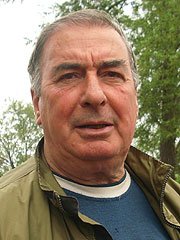
© Photo: Milka Dimitrova

© Photo: Milka Dimitrova

© Photo: Milka Dimitrova
Bulgaria’s second largest city of Plovdiv is in the top 3 of recommended destinations for the upcoming Christmas and New Year holidays in a ranking by Forbes. Experts from the European Best Destinations organization put Plovdiv in third..
At the official opening of the winter season in Bansko, caretaker Minister of Tourism Evtim Miloshev said that Bulgaria has the potential to become a leading tourist country in the region. It is high time the discussion began among all..
As the holiday season approaches, the Christmas and New Year’s offers are selling like hot cakes. Bookings started as early as September, and it is now next to impossible to find any vacancies in Bulgaria’s popular tourist destinations , hotel and..
The amount of snow that has fallen in the Rhodopes this December is a record for the past 10 years. Speaking for public service broadcaster BNT,..

+359 2 9336 661
